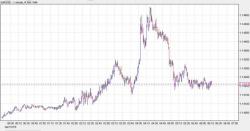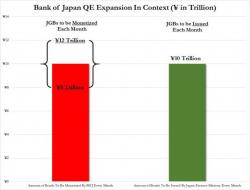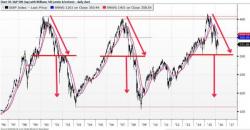Futures Rebound On Weaker Yen; Oil Hits 2016 Highs

In recent days, we have observed a distinct trading pattern: a ramp early in the US morning, usually triggered by some aggressive momentum ignition, such as today's unexplained pump then dump in the EURUSD...
... with stocks rising after the European open, rising throughout the US open, then peaking around the time the US closed at which point it is all downhill for the illiquid market.

